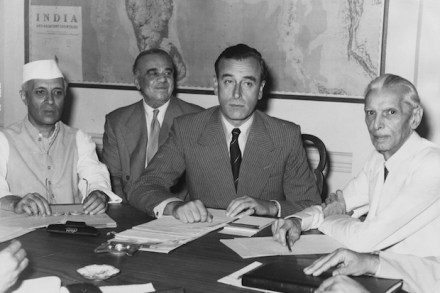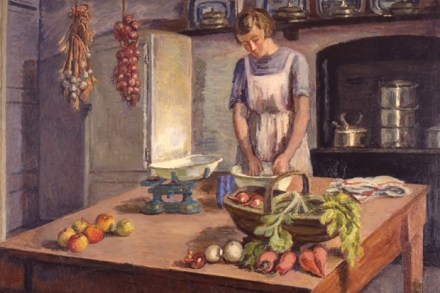Hope for one of the most turbulent, traumatised regions in the world
John Keay’s excellent new book on the modern history of South Asia plunges the reader head first into some wildly swirling currents. Here are India, Pakistan, Bangladesh, not to mention Sri Lanka and Nepal, and a supporting cast of mini-states present and past that you may not even have heard of, all tumbling, overlapping, in



















